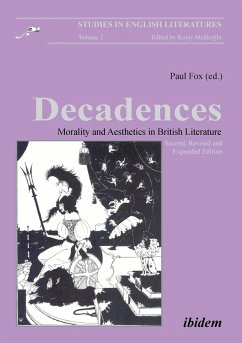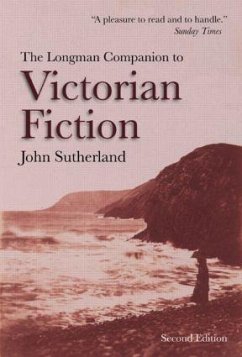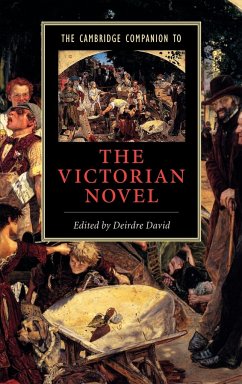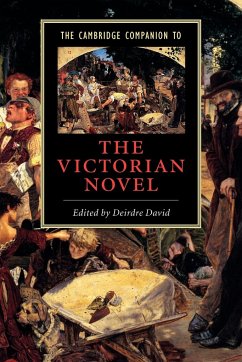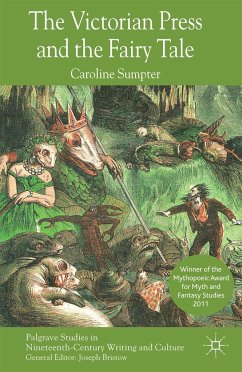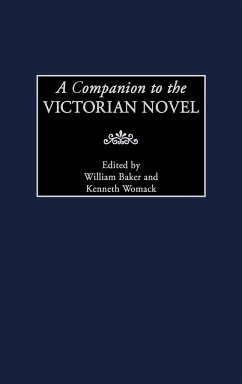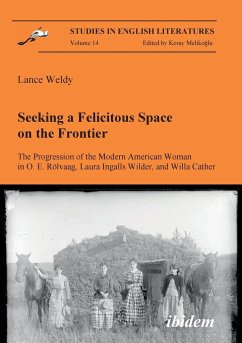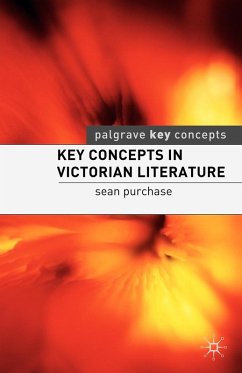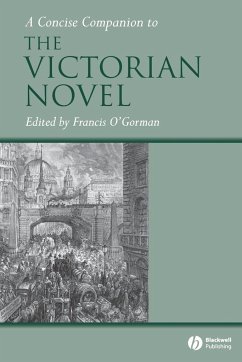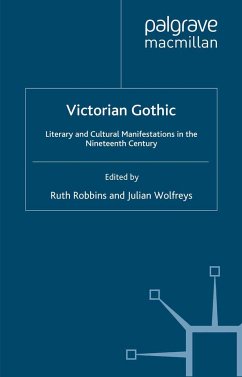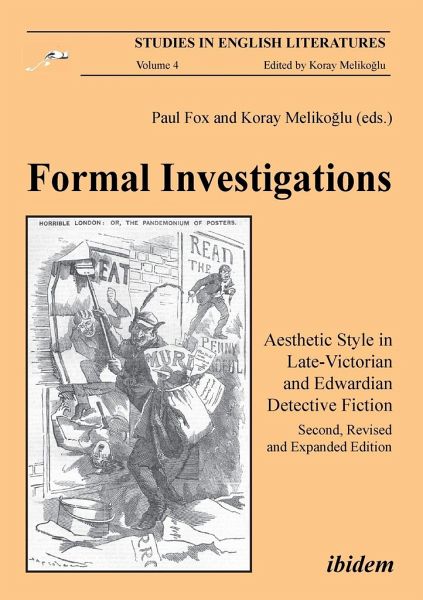
Formal Investigations
Aesthetic Style in Late-Victorian and Edwardian Detective Fiction.
Herausgegeben: Fox, Paul; Melikoglu, Koray;Mitarbeit: Schlossberg, Linda; Hendrey-Seabrook, Therie; Freeman, Nick; Sutherland, Helen; Jaquet, Alison; Sussex, Lucy; Andeman, Elisabeth; Parrett, Aaron; Glitz
Versandkostenfrei!
Versandfertig in 6-10 Tagen
29,90 €
inkl. MwSt.

PAYBACK Punkte
0 °P sammeln!
The essays in this volume explore a variety of structuring taxonomies, the relationships between the aesthetic forms, styles and methodologies of detective and crime fiction in the late-Victorian and Edwardian period. The influences on the artists in the genre are as varied as the interests of the period in scientific method, forensics, archaeology, aesthetics, medicine, and the paranormal. But the formalizing tendencies of investigative process remain, and it is this adherence, in artist and detective alike, to seeing crime and its resolution as a stylistic imposition of structure on disorder...
The essays in this volume explore a variety of structuring taxonomies, the relationships between the aesthetic forms, styles and methodologies of detective and crime fiction in the late-Victorian and Edwardian period. The influences on the artists in the genre are as varied as the interests of the period in scientific method, forensics, archaeology, aesthetics, medicine, and the paranormal. But the formalizing tendencies of investigative process remain, and it is this adherence, in artist and detective alike, to seeing crime and its resolution as a stylistic imposition of structure on disorder that is under examination.





